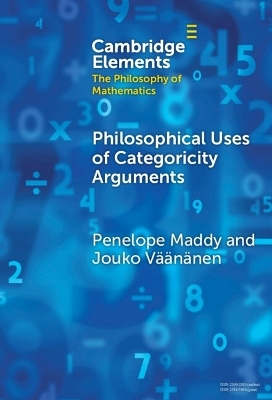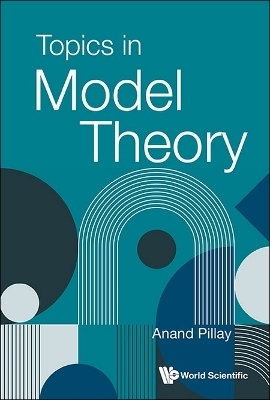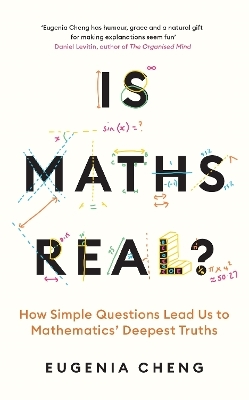
Philosophical Uses of Categoricity Arguments
Seiten
2023
Cambridge University Press (Verlag)
978-1-009-46796-4 (ISBN)
Cambridge University Press (Verlag)
978-1-009-46796-4 (ISBN)
This Element addresses the categoricity arguments that have been more effective in historical cases that reflect philosophically on internal mathematical matters than in recent questions of pre-theoretic metaphysics.
This Element addresses the viability of categoricity arguments in philosophy by focusing with some care on the specific conclusions that a sampling of prominent figures have attempted to draw – the same theorem might successfully support one such conclusion while failing to support another. It begins with Dedekind, Zermelo, and Kreisel, casting doubt on received readings of the latter two and highlighting the success of all three in achieving what are argued to be their actual goals. These earlier uses of categoricity arguments are then compared and contrasted with more recent work of Parsons and the co-authors Button and Walsh. Highlighting the roles of first- and second-order theorems, of external and internal theorems, the Element concludes that categoricity arguments have been more effective in historical cases that reflect philosophically on internal mathematical matters than in recent questions of pre-theoretic metaphysics.
This Element addresses the viability of categoricity arguments in philosophy by focusing with some care on the specific conclusions that a sampling of prominent figures have attempted to draw – the same theorem might successfully support one such conclusion while failing to support another. It begins with Dedekind, Zermelo, and Kreisel, casting doubt on received readings of the latter two and highlighting the success of all three in achieving what are argued to be their actual goals. These earlier uses of categoricity arguments are then compared and contrasted with more recent work of Parsons and the co-authors Button and Walsh. Highlighting the roles of first- and second-order theorems, of external and internal theorems, the Element concludes that categoricity arguments have been more effective in historical cases that reflect philosophically on internal mathematical matters than in recent questions of pre-theoretic metaphysics.
1. Introduction; 2. Dedekind in 'Was sind und was sollen die Zahlen?' (1888); 3. Dedekind in 'Was sind und was sollen die Zahlen?' (1888); 4. Kreisel in 'Informal rigor and incompleteness proofs' (1967) and 'Two notes on the foundations of set theory'(1969); 5. Parsons in 'The uniqueness of the natural numbers' (1990) and 'Mathematical induction' (2008); 6. Parsons in 'The uniqueness of the natural numbers' (1990) and 'Mathematical induction' (2008); 7. Conclusion; References.
| Erscheinungsdatum | 12.12.2023 |
|---|---|
| Reihe/Serie | Elements in the Philosophy of Mathematics |
| Zusatzinfo | Worked examples or Exercises |
| Verlagsort | Cambridge |
| Sprache | englisch |
| Gewicht | 216 g |
| Themenwelt | Mathematik / Informatik ► Mathematik ► Logik / Mengenlehre |
| ISBN-10 | 1-009-46796-4 / 1009467964 |
| ISBN-13 | 978-1-009-46796-4 / 9781009467964 |
| Zustand | Neuware |
| Informationen gemäß Produktsicherheitsverordnung (GPSR) | |
| Haben Sie eine Frage zum Produkt? |
Mehr entdecken
aus dem Bereich
aus dem Bereich
what we have that machines don't
Buch | Softcover (2024)
Profile Books Ltd (Verlag)
13,70 €
Buch | Softcover (2024)
World Scientific Publishing Co Pte Ltd (Verlag)
31,15 €
how simple questions lead us to mathematics’ deepest truths
Buch | Softcover (2024)
Profile Books Ltd (Verlag)
13,70 €


